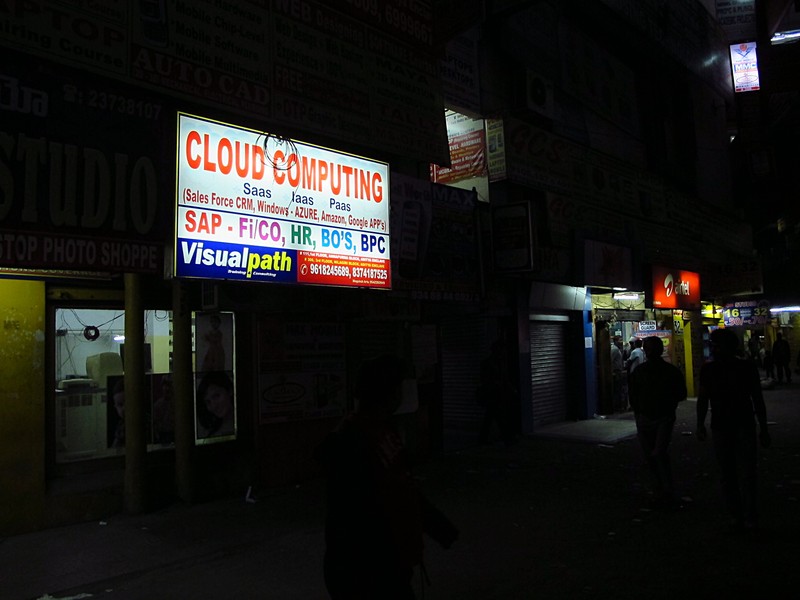While the digital currency known as Bitcoin does have its obstacles, it can also mean business opportunities for financial institutions.
The Bitcoin, which is a highly encrypted digital file based on open-source code and is distributed through peer-to-peer networks, lacks centralized issuing authority; thus any savvy techie with the right hardware can "mine" this algorithm-based currency.
On the other hand, it could be a an alternative to currencies being printed at whim and guarded irresponsibly. The software was programmed to create a finite supply to preserve the currency's long-term value, and cryptography would eliminate the need for trusted third parties to store and transfer money.
In any case, as new innovations for managing Bitcoin transactions emerge, financial institutions could have a big role in the movement as well, including payment processing, providing escrow services, facilitating international cash transactions, helping customers exchange their money for Bitcoins, and even issuing Bitcoin loans.
Read up on the Bitcoin system
here.

















